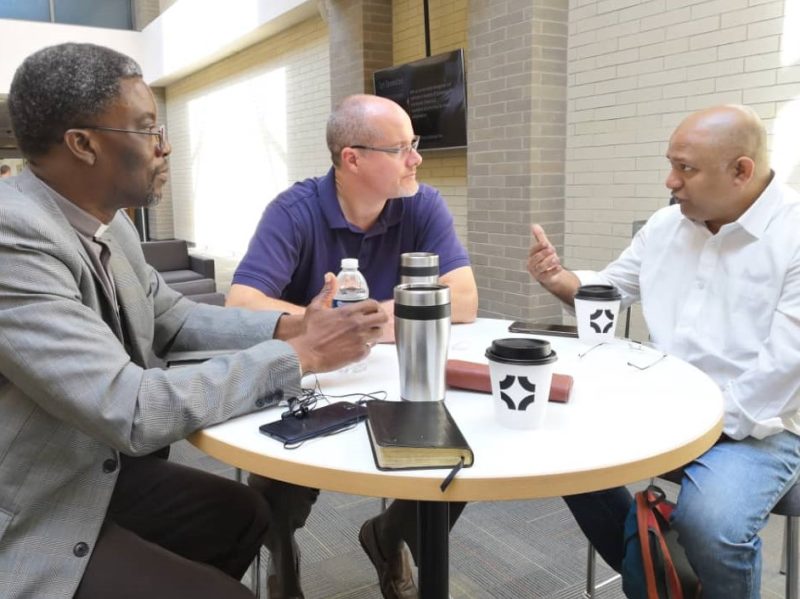Virtual Short-Term Missions and Digital Platforms. What’s next in STM?


By Bruce Wilson
Recently, an Indian pastor of a large church in Kolkata, India invited an American friend experienced in organizational leadership to speak to his church leadership teams on the topic of team building. The American developed a two-hour, discussion-oriented seminar that explored biblical and business principles for building strong teams. The seminar was conducted virtually using Zoom. Thirty Indian lay-leaders participated from their homes. The seminar was conducted in English and simultaneously translated into Bengali by the Indian pastor. The seminar included multiple breakout sessions, discussion, lecture, and individual reflection. No financial costs were incurred. No visas were obtained. No travel arrangements were made. The virtual seminar was brief and catalytic – generating further discussion and study by the Indian participants on their own after the seminar.
Is this example of virtual, short-term missions a COVID-era anomaly or an example of an increasingly viable option for short-term missions engagement?
What if every Christian (like the organizational leader in the story above) from any country could use their unique gifts and skills to serve the global church in a way that was meaningful to the host and the volunteer?
What if technology was leveraged to efficiently connect global needs with skilled, short-term volunteers? Digital platforms and complex algorithms connect talent with jobs at Upwork.com, riders with drivers at Uber.com, guests with hosts at Airbnb.com, and volunteers with stateside opportunities at Volunteermatch.org. Could short-term missions use similar technology to connect global needs with skilled volunteers?
Many Christians simply don’t know how they can meaningfully engage with the global church in a way that leverages their unique gifts and skills while respecting the strength and maturity of the church in the Majority World. Practically, most Christians don’t think missions is for them. Yet, Scripture clearly teaches there is only one body of Christ and it is broad and diverse and every person in it matters. God intentionally equips each member of Christ’s body with different gifts “for doing certain things well” (NLT, Romans 12:6) so that the whole global body can thrive. In fact, the health of the global church depends on every Christian using his or her unique gifts and skills for the benefit of Christ’s body.
Christians worldwide are missing ways to effectively share the gifts and skills God purposefully gives them for the benefit of one another.
A better way to share our vast array of unique gifts to “serve one another well” (NLT, 1 Peter 4:10) needs to be developed. Currently, a research study on international volunteering is exploring these issues. This study seeks to understand the guiding principles, best practices, and ideal models that hosts, volunteers, and organizations identify as important to them. You are invited to participate in this study! Click here to make your voice heard in this important study on the future of short-term missions engagement.
Having trouble accessing the online questionnaire? Paste this link into your web browser: https://www.surveymonkey.com/r/PROpelStudy
This article is submitted by Bruce Wilson of Pioneers. Pioneers is a Missio Nexus member. Member organizations can provide content to the Missio Nexus website. See how by clicking here.


Responses